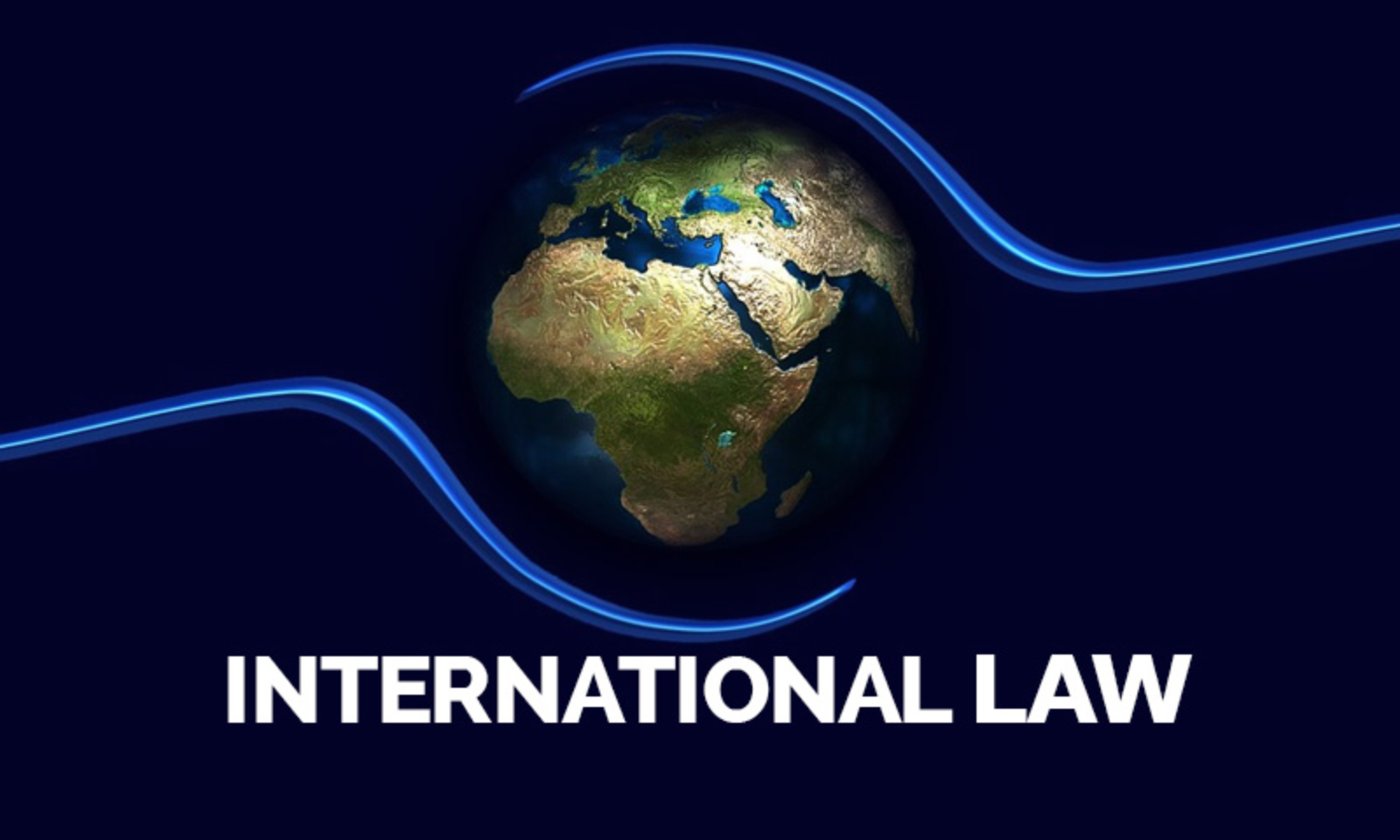International law evolution in modern politics
International law, the framework of rules and principles that govern relations between states and other international actors, has evolved significantly in response to changing geopolitical landscapes, advancements in technology, and shifts in global governance structures. From its origins rooted in customary practices and treaties to the establishment of international organizations and courts, international law has adapted to address new challenges and promote global cooperation. This essay explores the evolution of international law in modern world politics, examining key developments, challenges, and future prospects.
-
Historical Foundations of International Law
International law traces its roots back to ancient civilizations, where customs and norms governed interactions between communities and states. The development of diplomatic relations and treaties further formalized rules governing war, trade, and diplomacy. Key historical milestones include:
- Treaty of Westphalia (1648): Marked the beginning of modern state-centric international law, emphasizing sovereignty and non-interference.
- Hague Conventions (1899 and 1907): Established rules for conduct during warfare and laid the groundwork for the establishment of international organizations.
- League of Nations (1920): First international organization aimed at maintaining peace and cooperation but faced challenges due to limited enforcement mechanisms.
-
Post-World War II Developments – International law evolution in modern politics
The aftermath of World War II marked a transformative period for international law, driven by the need to prevent future conflicts and promote human rights. Key developments include:
- United Nations (UN) and International Court of Justice (ICJ): Established in 1945 to promote international cooperation, peace, and security.
- Universal Declaration of Human Rights (1948): Laid the foundation for international human rights law, influencing subsequent treaties and conventions.
-
Expansion and Specialization of International Law
Throughout the latter half of the 20th century and into the 21st century, international law expanded to address a broader range of issues and specialized areas:
- Environmental Law: Responding to global environmental challenges such as climate change, biodiversity loss, and pollution.
- Humanitarian Law: Regulating conduct during armed conflict, including protections for civilians and prisoners of war.
- Trade and Economic Law: Governing international trade relations, investment, and intellectual property rights.
-
Challenges to International Law – International law evolution in modern politics
Despite its evolution, international law faces numerous challenges that affect its effectiveness and legitimacy:
- Enforcement: Limited enforcement mechanisms undermine compliance with international norms and rulings.
- Sovereignty Concerns: Balancing state sovereignty with international obligations remains contentious, especially in conflicts and humanitarian crises.
- Emerging Technologies: Issues related to cybersecurity, space exploration, and artificial intelligence present new legal challenges requiring international cooperation and regulation.
-
Contemporary Issues and Case Studies
Examining recent developments and case studies provides insights into how international law adapts to contemporary challenges:
- Climate Change: The Paris Agreement (2015) and subsequent efforts to mitigate greenhouse gas emissions through international cooperation.
- Human Rights: International Criminal Court (ICC) prosecutions and the challenges of accountability for human rights violations.
- Global Health: Responses to pandemics like COVID-19 highlight the need for coordinated international legal frameworks and cooperation.
European Union’s longest river | Danube River – Facts | Maya (mayathevoice.com)
-
The Role of International Organizations and Courts
International organizations and courts play a crucial role in shaping and enforcing international law:
- United Nations: Functions as a forum for multilateral diplomacy and negotiations on global issues.
- International Court of Justice: Adjudicates disputes between states based on international law principles, promoting peaceful resolution of conflicts.
-
Future Directions and Prospects
Looking ahead, international law faces opportunities and challenges in adapting to a rapidly changing global landscape:
- Multilateralism: Strengthening multilateral institutions and cooperation to address global challenges effectively.
- Technology and Innovation: Developing new legal frameworks to regulate emerging technologies and ensure ethical standards.
- Human Rights and Justice: Enhancing accountability mechanisms and promoting universal adherence to human rights norms.
Ongoing Border Disputes and Conflicts in 2024
Despite international laws established in the past, numerous regions continue to grapple with unresolved border issues and longstanding conflicts. Recent examples, such as the Israel-Palestine conflict, Russia ukraine war, highlight ongoing tensions and humanitarian crises.
In addition to these well-known disputes, several other regions face protracted conflicts. The conflict between Somalia and Ethiopia has persisted since 1960, while tensions between Kenya and South Sudan have endured since 1963. The border issues between Kenya and Somalia persisted from 1963 to 1981.
Further conflicts include the historical disputes between Ethiopia and Sudan, spanning from 1966 to 2002, and ongoing border issues between Tanzania and Malawi since 1967. The Uganda-Tanzania conflict from 1974 to 1979 also underscores the challenges of resolving territorial disputes across various regions.
Conclusion
In conclusion, the evolution of international law reflects broader changes in world politics, from the establishment of foundational principles to addressing contemporary challenges such as climate change, human rights, and technological advancements. Despite facing significant challenges, international law remains essential for promoting global cooperation, peace, and justice.
Future progress demands ongoing innovation, cooperation, and steadfast commitment to uphold international law principles in our intricate and interconnected world. Given the persistence of conflicts worldwide since the colonial era, it is evident that adjustments are necessary. Reflecting on the relevance of existing international laws, there is a growing consensus on the need for new organizations to formulate updated laws, particularly in areas where territorial disputes and boundary claims remain contentious.




